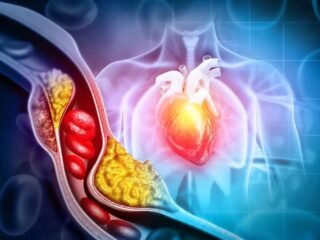Scientists are testing drugs used to treat HIV and AIDS to see if they can also help with multiple brain tumors. Researchers at the Brain Tumour Research Centre of Excellence at the University of Plymouth are running a clinical trial to find out if anti-retroviral drugs, Ritonavir and Lopinavir, can help people with Neurofibromatosis 2 (NF2).
NF2 is a rare genetic condition that causes tumors to form on the brain’s membrane. These tumors include schwannomas, ependymomas, and meningiomas.
The trial, called RETREAT and led by Professor Oliver Hanemann, is based on research by Dr. Sylwia Ammoun and Professor Hanemann. Their research showed that these drugs might reduce tumor growth.
In the year-long trial, patients will have a tumor biopsy and a blood test before taking the medications for 30 days. After that, they will have another biopsy and blood test to see if the drugs have entered the tumor cells and worked as intended.
Professor Oliver Hanemann, Director of the Brain Tumour Research Centre of Excellence at the University of Plymouth, said, “This could be the first step toward a systemic treatment for NF2-related tumours, both for those who inherited NF2 and those with a one-off NF2 mutation.” If successful and expanded into a larger clinical trial, it would be a significant breakthrough for patients with this condition, who currently have no effective treatment.
Dr. Karen Noble, Director of Research, Policy, and Innovation at Brain Tumour Research, added, “Using repurposed drugs like Ritonavir and Lopinavir is promising because they already have a strong safety record in people treated for HIV, allowing for a quicker transition from the lab to patient treatment.”
Jayne Sweeney, 57, from Cornwall, UK, is participating in the trial. She shared how the study gives hope to people living with NF2. In 1985, Jayne became deaf in her left ear after an operation to remove a tumor there. She was monitored with regular scans, expecting no further treatment, but the tumor regrew.
“The loss of hearing is the worst thing about having NF2 because it’s very isolating and frustrating,” she said, adding, “I had 15 months’ chemotherapy, and radiotherapy in January this year. Radiotherapy is so barbaric; having four anaesthetic injections into my head was the most painful thing I’ve ever experienced, so finding better and kinder ways to treat the disease is so important.”






